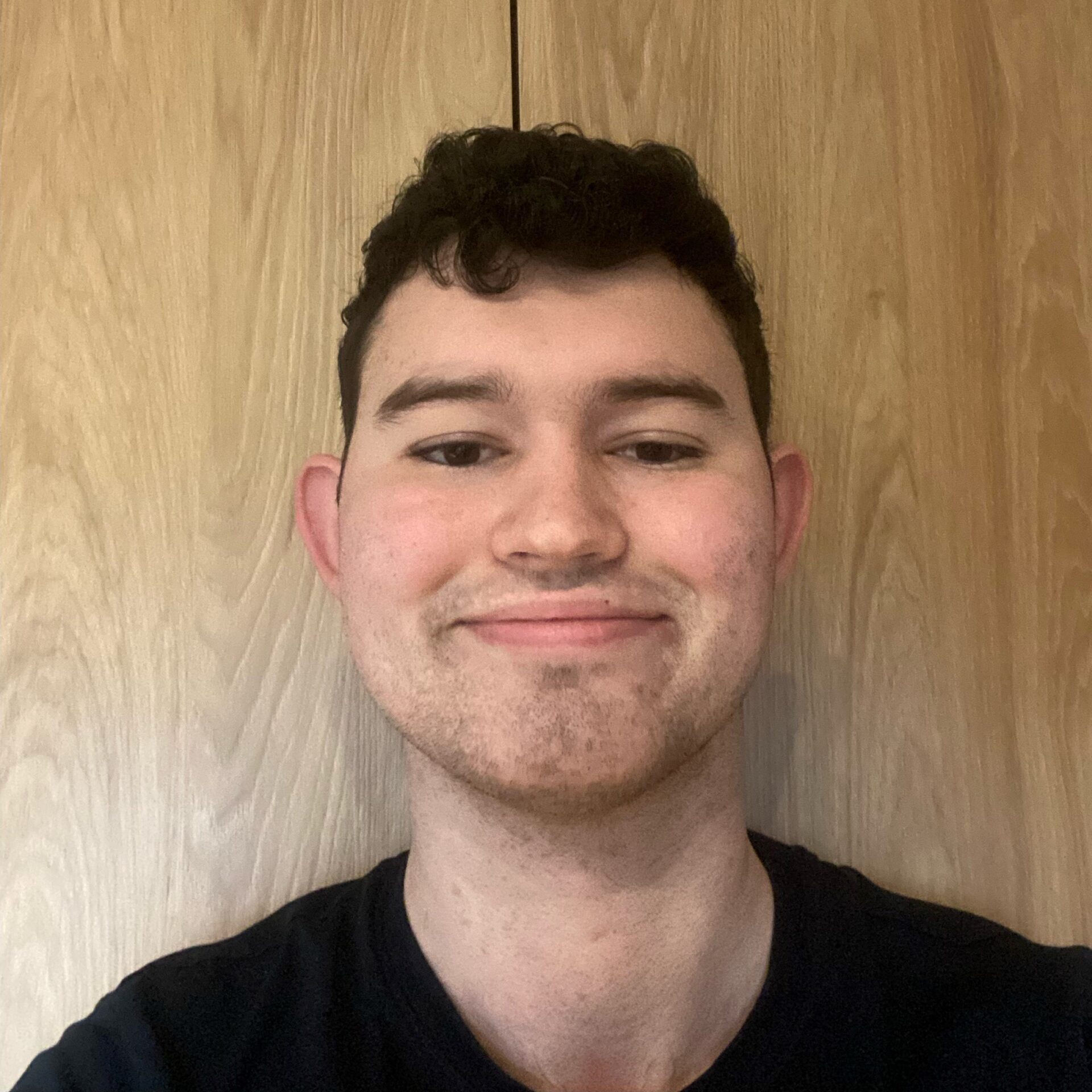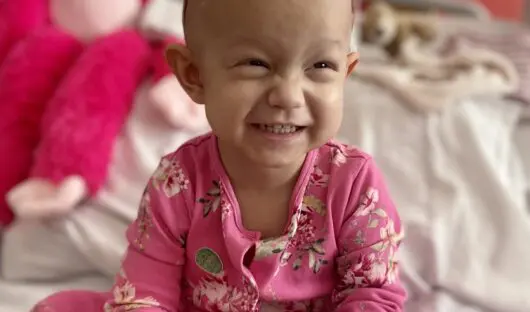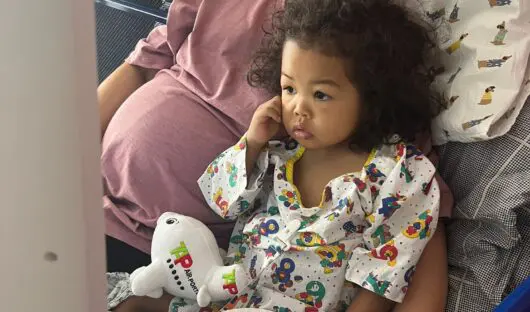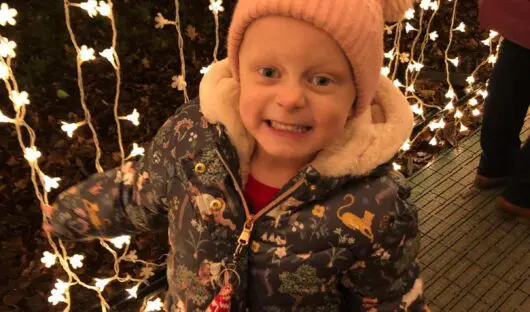Quinn’s story: Diagnosed with leukaemia during second year of uni
At just 21 years old, Quinn was diagnosed with leukaemia after noticing he was getting very tired and struggling to eat. After receiving his cancer diagnosis, he started chemotherapy treatment right away.
Quinn was studying at university when he first received the news, so had to stop going to be able to start his treatment. However, with thanks to the support of his Young Lives vs Cancer Social Worker, Quinn has now been able to get back to uni and continue his studies alongside treatment – and is one of Young Lives vs Cancer’s newest volunteer speakers.
This Teenage and Young Adult Cancer Awareness Month, Quinn is joining young people in raising their voices and sharing what it means to face cancer at a young age.

Quinn was diagnosed with leukaemia during his second year at uni
“I just noticed I was getting tired really easily, I completely lost my appetite I spent most of my days just lying in bed because I didn’t have the strength to do anything.”
Quinn hadn’t been feeling himself for a while when one day when he woke up, he had no energy and couldn’t get out of bed. He had previously been to the doctors a few times and had been told he had a chest infection. That day, he went to A&E and within 24 hours, he was given the life-altering news he had leukaemia.
“I remember I didn’t say anything really, I had a very stonewall face because I just didn’t know what to say. The last couple of nights I’d been so anxious, I’d already cried quite a bit but now there was nothing I could do. It was a shock for my family around me but I didn’t really react to it.”
Quinn was able to go home for a few days, before his chemotherapy treatment started the following week.
“It turned out I was more sensitive to some of the chemo so it took me a lot longer to recover from it every time I had it. Starting from when I originally came in, I ended up being an inpatient another three times because I was ill from the treatment I was having – especially in the earlier stages there was a lot of time I wouldn’t get out of bed, I’d be brought breakfast even at home, I’d struggle just to do 1,000 steps of walking a day.”
Quinn has had to spend a lot of time in hospital and, due to the risk of infection he has to be very careful when socialising. He says one of the hardest things has been being away from his friends and uni.
“I really struggled in the last year or so on the social side of things because I’m not able to see my friends, I’m not able to make new friends. That’s what I found the hardest in the last couple of months. I was a uni student so I had to defer the entire year and go back in September.
“When I first tried to go back in September, for some reason I wasn’t put down for half the modules because apparently I sent in the deferring forms late and Marc [his Young Lives vs Cancer Social Worker] had to make the point that this was when I was in the most intense part of my treatment and the last thing on my mind were these uni forms.
“It feels like I’ve been held back, the whole time I was in hospital it felt like time had completely stopped, I was stuck dealing with this while everyone else was going forward and there was nothing I could really do about it and it still feels like that a bit despite me doing stuff again. If I didn’t [go back to uni] I have no idea what I’d be doing right now.”
The support Quinn has received from Marc throughout his treatment has inspired him to sign up as a Young Lives vs Cancer Speaker Volunteer, to share his story and raise awareness of the support the charity provides.
“It’s hard to know but [without Marc] I think I would have felt a lot more anxious in general because if a situation would have come up whether its work based or to do with my friends, I wouldn’t have had anyone to guide me through the situation so I would have struggled without the extra help.”
Posted on Thursday 28 March 2024


